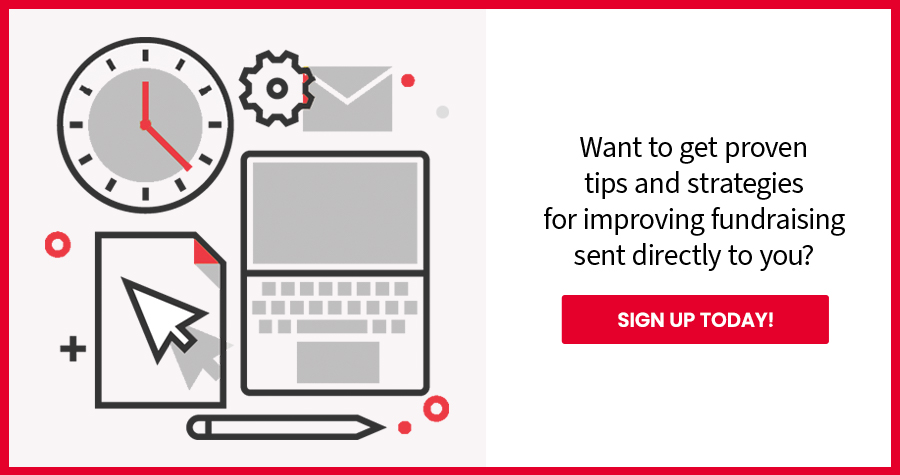Mark Mangin
SENIOR VICE PRESIDENT DATA AND ANALYTICS
Gheorghe Lungu, PhD
DATA SCIENTIST
You’ve probably seen advertisements or been offered webinars on the latest in data modeling, using buzzwords like “artificial intelligence” or “machine learning.” But what does data modeling really offer your nonprofit? Let’s start with the basics . . .
What is data modeling?
In its simplest format, a data model is simply a tool to help someone make decisions. Data modeling informs everything from what we pay for gas at the pump to how many apples the grocery store will need to order for the coming week. It is a way to input information (how many apples were purchased this time last year, even last week), process that information (how many people will likely buy apples in the coming week), and a recommended output (how many apples should be ordered). Some models are this simple; others are so complex that they require more complex explanations.
Why does data modeling matter for fundraising?
You are probably using a type of data modeling right now to determine who should be included in each fundraising communication piece you prepare. But a well-built data model can do so much more for you. Data models are developed to answer critical questions that help you optimize fundraising results, and it starts by asking questions like:
How much revenue will we generate next year?
What gift amount should I ask for?
Who is likely to give to my organization for the first time?
Which donors are ready to engage in a monthly giving commitment?
Which donors are going to be most responsive to a reactivation offer, a specific type of appeal, or a planned giving request?
How does data modeling work?
All modeling starts with the data. Most nonprofit organizations maintain transaction data, including when the gift was made, the gift amount, which channel was used, and many other data points. It will also include some inferred data points: how many gifts a donor has given in the last 12 months, which channels they prefer to give through, what fundraising offers they are most responsive to, and how their giving has changed over the years.
You may also have data about the constituents themselves. Are they married or single? How old are they? Where do they live? What is their income? What other organizations do they donate to?
All of these data points—and many more—can become the inputs into the data model.
The next step will be to process and synthesize these data points to understand their relationship to each other and to the desired outcome. This is the tricky part. Any model that is more complicated than “who gave a gift last year” will require some advanced computer programming and statistical modeling.
Stick with me for a moment; this gets a little complicated. Machine learning uses powerful algorithms to understand key relationships within the data, and, in conjunction with neural networks and multivariate regressions, output those learned behaviors for analysis.
What does this mean in layman’s terms? When you combine all these sophisticated tools, the output of the above is a custom model that describes a series of key factors leading you to the specific outcome you are looking for. For example, with successful data modeling, you can identify that women in their fifties, with at least two children in the household, who have donated to organizations focused on education within the last year, live within 20 miles of one of your facilities, prefer shopping at Whole Foods, and have at least one advanced degree, are most likely to become major donors!
Data models utilize relevant and accurate data points to help you optimize your fundraising campaigns, grow your donor engagement, maximize your new donor acquisition investment . . . ultimately taking your fundraising program to the next level so it can reach its greatest potential.
While the subject of data modeling can be very complex, you don’t have to understand it all on your own. We would love to talk more about how it can help drive success within your fundraising program, so please email us at info@douglasshaw.com.



